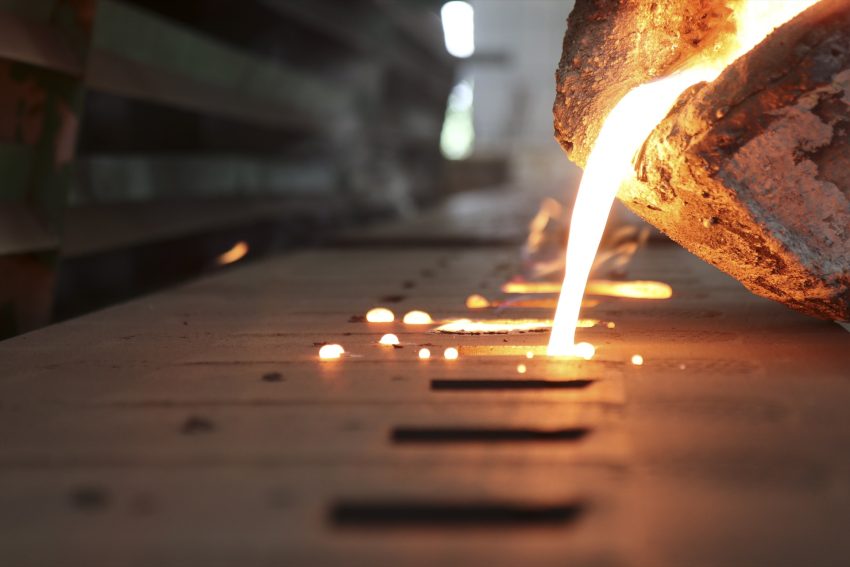Ferrous metals that contain iron make up the majority of widely utilized materials in different industries because of their distinctive characteristics. These metals are well-known for their toughness malleability, high strength, malleability, cost-effectiveness and accessibility.
Knowing the characteristics and properties of ferrous metals is vital to choosing the best metals for manufacturing, construction and other purposes.
Take a look below at the main features that make ferrous materials essential.
Durability
One of the most important features of ferrous materials is their longevity. These metals are extremely durable against wear and tear, which makes them suitable for any application that requires durable performance. Steel, for example, is frequently used in construction due to its capacity to endure heavy loads and extreme environmental conditions. The strength of ferrous metals means that the structures and products created from them will have an extended lifespan, which reduces the requirement for regular repairs and replacements.
Malleability
The ferrous metals also are renowned because of their malleability. This lets them be cut and shaped into a variety of sizes and shapes without breaking. The malleability of metals is vital when manufacturing processes require metals to have to be formed into specific shapes for example, for the manufacture of beams, pipes, or automobile parts. The capability to use ferrous metals improves their flexibility and makes them suitable for a vast variety of uses.
Extreme Strength
The toughness that ferrous metals have is a crucial quality that makes them extremely useful. They can withstand significant strain without bending. For instance, steel has a very high tensile strength. This means it is able to withstand stretching forces without breaking. This exceptional strength is essential in engineering and construction, in which materials have to be able to withstand heavy loads and external forces. The toughness of ferrous metals guarantees safety and stability for buildings, bridges, machinery, and buildings.
Cost-effectiveness
Ferrous metals are typically affordable, which makes them a popular option for a wide range of industries. The abundant supply of iron ore, which is the most important raw material for ferrous metals, is a factor in their cost-effectiveness. Furthermore, the manufacturing processes for ferrous metals like steelmaking, are established and efficient, thereby reducing costs. The value-for-money of ferrous materials permits large-scale production and usage in many industries from manufacturing to construction without compromising budgetary constraints.
Accessible easily
Ferrous metals are readily available and are a major reason for their extensive use. Iron ore is among the richest elements found on Earth which makes ferrous metals easily accessible to extract and process. This makes sure that there is a continuous availability of the raw material needed to make cast iron, steel and various other ferrous alloys. The ease of getting ferrous metals ensures continuous production and helps meet the increasing demand from various industries.
To conclude
Ferrous metals are vital due to their strength and malleability, as well as their extreme toughness, low cost and accessibility. These characteristics make them ideal for a range of uses, ranging from engineering and construction to manufacturing and for everyday items. Knowing the fundamental properties of ferrous metals assists in making educated choices about their use, and ensuring the development of sturdy efficient, durable, and economical designs and materials. In the years to come, industries will continue develop the ferrous metals, which are an essential component that drives forward the pace of innovation and sustainable development.

